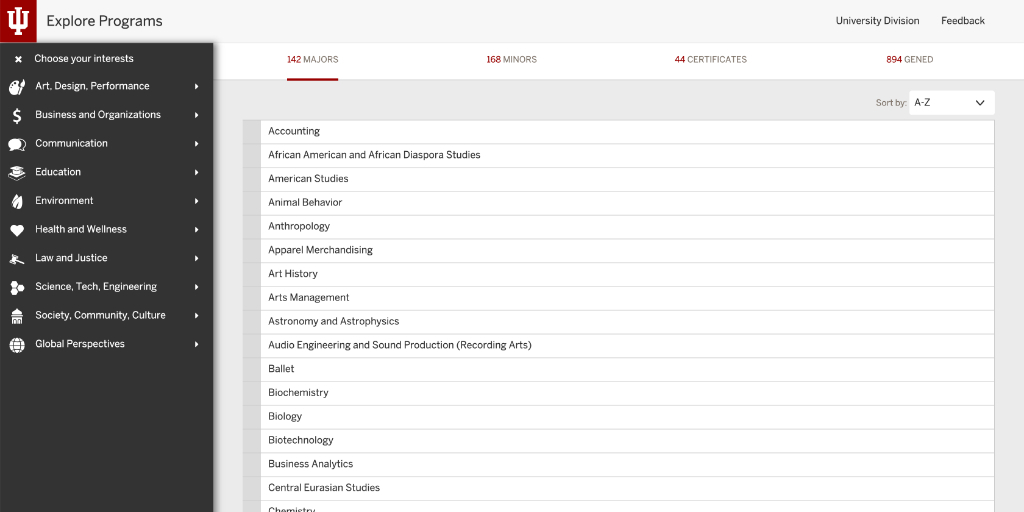Linguistics Major Related Careers
The following careers are directly or indirectly related to the study of this major. Click the job title to learn more about it. To search for more career options, visit OnetOnline.org.
Linguistics is the study of human language as a universal part of human behavior and thinking. Students will scientifically study language and its structure, receiving training in topics relating to the sounds that we produce to how we combine units of meaning to make words and sentences. They will also explore various aspects of linguistic investigation from language use, meaning, and stylistics to language change and variation. Possible course topics include varieties of speaking with regional dialects, social dialects, gender differences, and the languages of politics and religion, as well as properties of some of the world’s major languages.
Students will also broaden their foreign language experience through gaining advanced proficiency in a foreign language. Additionally, students will complete a field methods option to gain practical experiences in research on language structure and use.
For detailed information about the Linguistics major and degree requirements, visit the departmental website and the College of Arts and Sciences Academic Bulletin.
Students may also wish to pursue a Linguistics/Anthropology BA as an interdepartmental major. Students of this major will gain experience in both linguistics and anthropology to focus on language, culture, and the relationships between these domains. Coursework will provide both a historical perspective on language as well as an investigative perspective developed through a fieldwork course. Students will also select an African or American focus, studying in-depth the languages and cultures of that region.
For detailed information about the Linguistics/Anthropology major and degree requirements, visit the departmental website and College of Arts and Sciences Academic Bulletin.
Talk with a coach about your questions related to this major, your interests, and your career goals.
Schedule an appointment
University Division's Explore Programs tool is the place to go for academic information about any IUB major, minor, or certificate.
Open in Explore ProgramsThe following careers are directly or indirectly related to the study of this major. Click the job title to learn more about it. To search for more career options, visit OnetOnline.org.
John Holland developed a theoretical framework consisting of six general themes that describe broad areas interest relating to self and the working world. If you are interested in discovering your career interests, visit our Learn more about yourself page to learn about the Strong Interest Inventory.
This major consists of the following themes:
Below is a sampling of skills related to this major mapped from the Skillscan Driver Assessment. The SkillScan assessment provides a simple 3-step process to help you learn about your strengths and weaknesses, the skills you enjoy and want to use in a career and those skills needing development. Consider taking the SkillScan assessment to better understand your skills as it relates to majors at IU.
Our unique IU Career Guides offers the A-Zs of each field’s preferred educational backgrounds, as well as employment opportunities and insider tips, industry-related interview questions, and a lot more. Below are related career guides for this major.